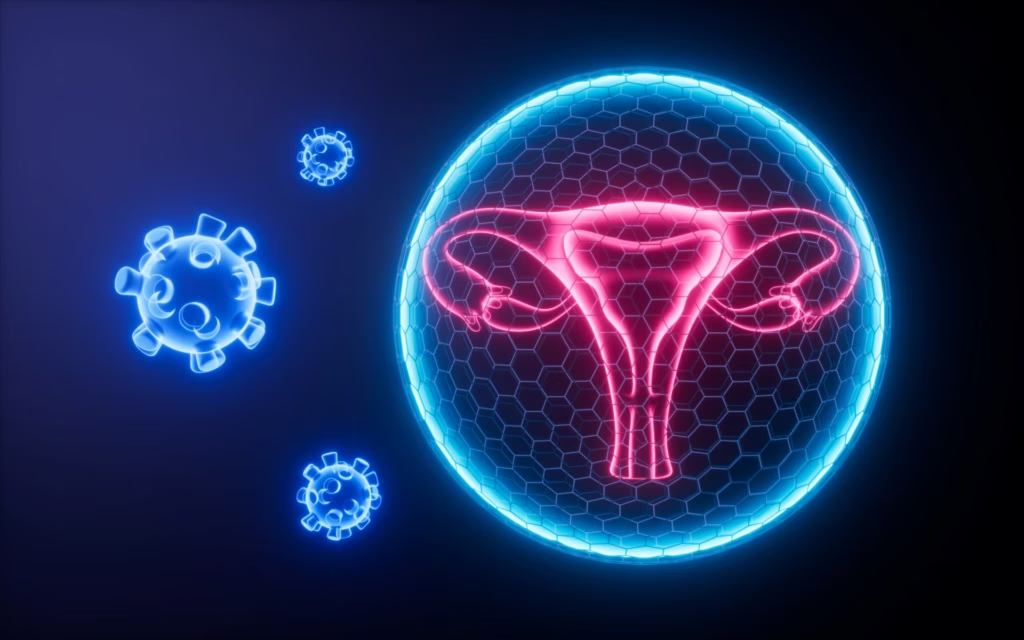Reproductive Endocrinology
An Introduction to Reproductive Endocrinology
Reproductive endocrinology concerns the hormones and control mechanisms that regulate sexual development, function and reproduction. Fertility problems are common issues encountered, which affect about 15% of couples. While outcomes have improved for assisted reproduction, success rates remain low. Advances in epigenomics, genomics, transcriptomics, proteomics and metabolomics are facilitating IVF procedures and identifying oocytes with anomalies, resulting in a higher rate of live births. Molecular biomarkers of fertility problems have also been discovered. New formulations and delivery systems for GnRH analogues, gonadotropins, and sex steroids are further improving fertility outcomes. In terms of menopausal hormone replacement therapy, individualization, dose minimization, and early initiation of therapy, have increased the benefit-risk ratio.
Browse our gallery of video highlights and short articles from the conference hub, providing the latest expert insights from major conferences and peer-reviewed articles from the journal portfolio.
Our supporting partners do not constitute an endorsement of the content on this page.
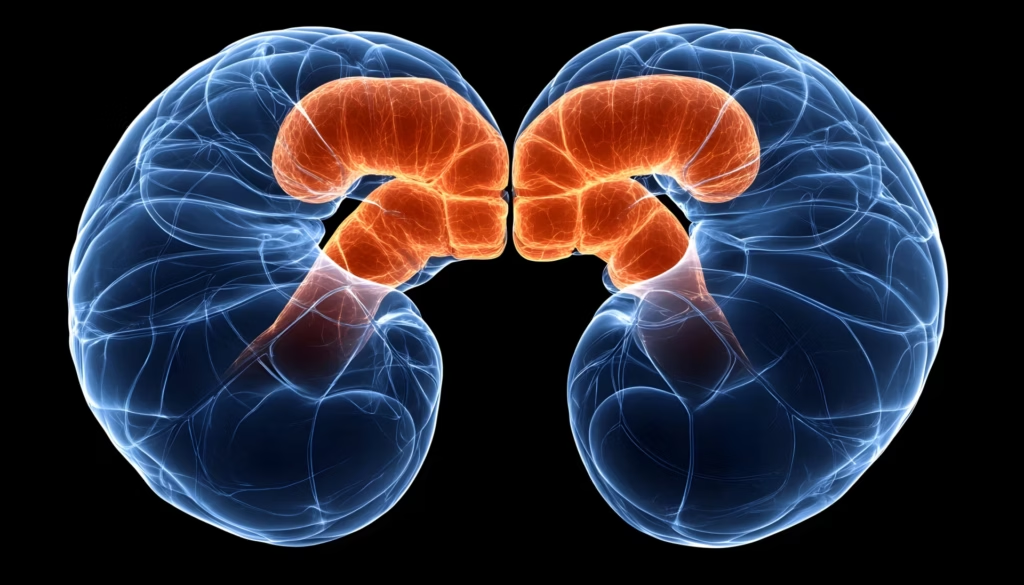
In this Future Leader Q&A, Dr Kristina Saravinovska discusses her path in reproductive and environmental endocrinology, the value of mentorship, and her commitment to fostering opportunities for early-career endocrine professionals worldwide.

In this Future Leader Q&A, Dr Elif Akşahin shares how mentorship, resilience, and compassionate care have shaped her work in reproductive endocrinology, highlighting the life-changing impact of fertility preservation and personalized women’s health.

Physician burnout is at a critical point. In this episode, Nicky speaks with Dr Alfred Atanda about why so many physicians are burning out and what can be done to change the trend. From personal experience to system-wide solutions, Dr Atanda shares valuable insights on improving physician well-being and building a more effective healthcare culture.

We are pleased to present the latest issue of touchREVIEWS in Endocrinology, which offers a timely and thoughtprovoking collection of articles that reflect both the continuity and evolution of diabetes and metabolic disease research. In an era where technology, public ...
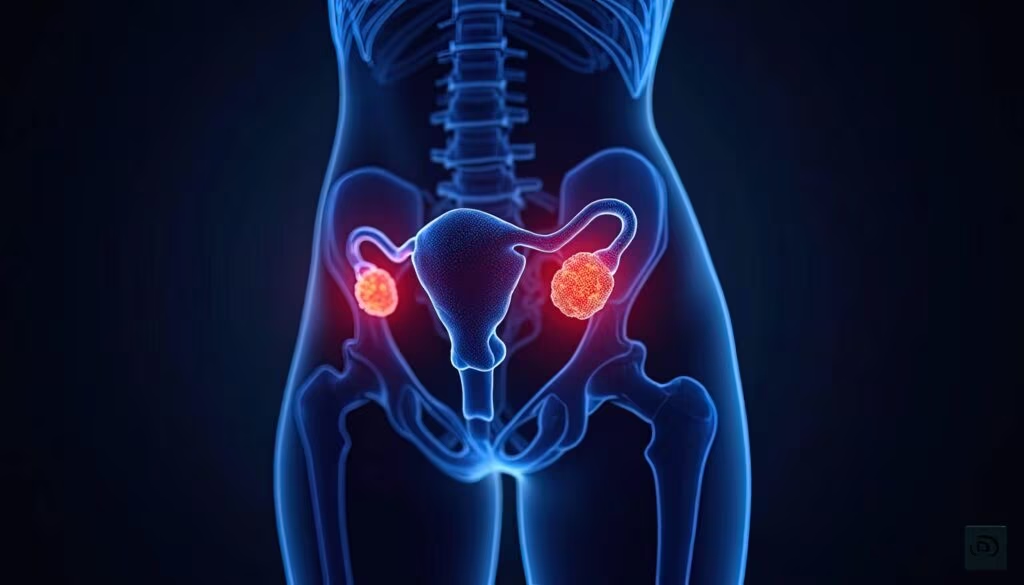
Polycystic ovary syndrome (PCOS) is a complex, multisystemic condition characterized by reproductive, metabolic and dermatologic manifestations, including hyperandrogenism and ovulatory dysfunction. Despite its prevalence and significant impact on quality of life, PCOS remains underdiagnosed and poorly managed due to its ...

"From Adolescence to Menopause: Modern Management of Endometriosis and Uterine Diseases" will be the central theme of the 11th Annual SEUD Congress, taking place April 24–26, 2025, in Prague, Czech Republic. This premier event will unite global experts in gynecology, endometriosis, and uterine disorders to explore the latest advancements in research, diagnosis, and treatment. With an innovative scientific program, engaging discussions, and interactive sessions, SEUD 2025 promises to be an essential gathering for professionals committed to women’s health.
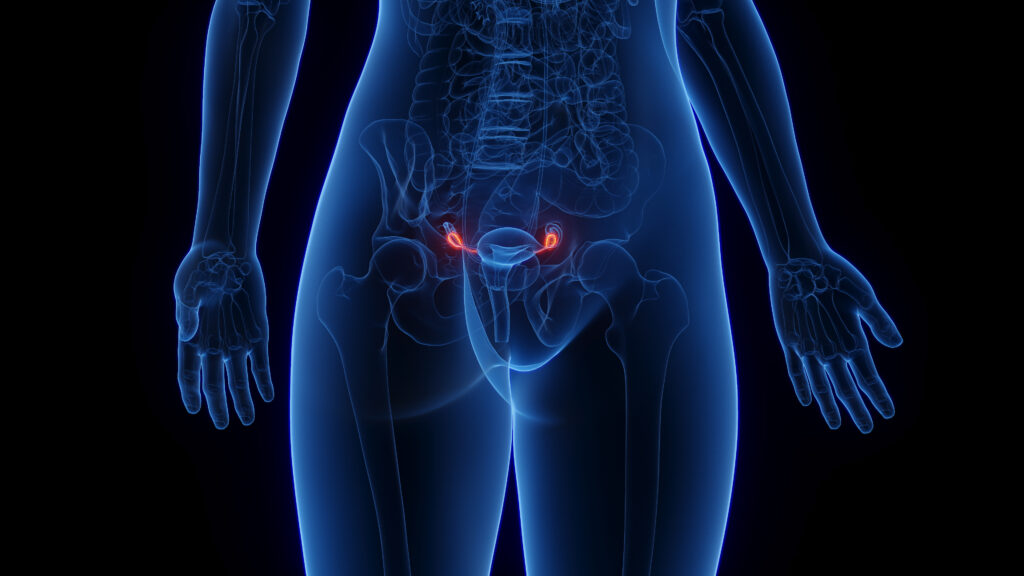
Polycystic ovary syndrome (PCOS) is the most common endocrinopathy affecting women of reproductive age and is characterized by hyperandrogenism, anovulation and insulin resistance (IR).1 Women with PCOS have a high risk of developing type 2 diabetes (T2D), dyslipidaemia, hypertension and ...

New research presented at the Annual Meeting of the American Association for the Study of Liver Diseases (AASLD), The Liver Meeting, reveals a connection between low levels of anti-Müllerian hormone (AMH) and the risk of metabolic-associated steatotic liver disease (...
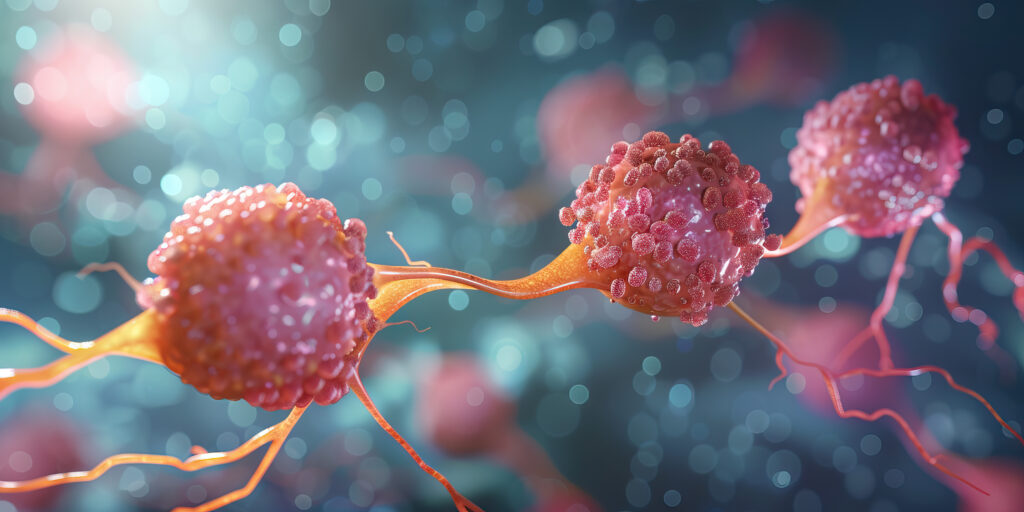
Polycystic ovary syndrome (PCOS) is a multifactorial, multifaceted syndrome that affects women across all ages from adolescence to post-menopause. It is reported to be the most common endocrinopathy in women of the reproductive age group.1 The nature of this syndrome ...

Members of the endocrinology community gathered in Stockholm, Sweden, for the 26th European Congress of Endocrinology (ECE 2024), eager to explore the latest advancements and exchange knowledge and insights. Here are some of the standout abstracts that captured our attention:

The pioneering work carried out by the French scientist Alfred Jost in the mid-20th century clearly showed that, in the mammalian foetus, the internal and external genitalia virilize whenever the undifferentiated gonads develop into testes, whereas they undergo the ...

During more than 30 years of clinical practice as a gynaecologist, I have observed that very few novel medications have had a significant impact in the field of women’s health. There have been additions to selective oestrogen receptor modulators (SERMs), ...

Polycystic ovary syndrome (PCOS) is a very common disease, with an incidence of 5−21% in women during their fertile life (18–45 years of age) worldwide.1 PCOS is clinically diagnosed when two of the three 2003 Rotterdam consensus criteria are met: (i) chronic anovulation ...

Watch this two-part activity exploring the latest data on pharmacological treatments for vasomotor symptoms (VMS) associated with menopause. Filmed following the 2022 North American Menopause Society (NAMS) Annual Meeting and the International Menopause Society (IMS) 18th World Congress on Menopause. Part 1: Watch menopause expert Prof. Steven Goldstein review key data from the 2022 NAMS Annual Meeting and the IMS 18th World Congress on Menopause Watch Now Part 2: Choose from leading menopause experts who discuss what these data may mean for clinical practice in the USA Select An Interview
Latest articles videos and clinical updates - straight to your inbox
Log into your Touch Account
Earn and track your CME credits on the go, save articles for later, and follow the latest congress coverage.
Register now for FREE Access
Register for free to hear about the latest expert-led education, peer-reviewed articles, conference highlights, and innovative CME activities.
Sign up with an Email
Or use a Social Account.
This Functionality is for
Members Only
Explore the latest in medical education and stay current in your field. Create a free account to track your learning.






